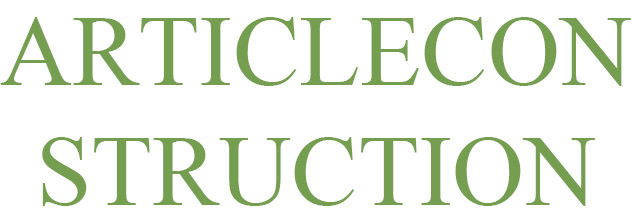What Benefits Do LED Traffic Lights Provide?
Are you ever stuck at a traffic light, tapping your fingers impatiently on your steering wheel? Have you noticed how some traffic lights seem to take forever, while others change almost immediately? If you've seen the bright, vibrant colors of LED traffic lights, you might be surprised to learn that they offer numerous benefits that go beyond just their eye-catching appearance.
If you are looking for more details, kindly visit led trafficlight.
Energy Efficiency
One of the standout features of LED traffic lights is their energy efficiency. Unlike traditional incandescent lights, which consume a significant amount of electricity, LED traffic lights use about 75% less energy. This drastic reduction in energy consumption not only lowers utility bills for municipalities but also contributes to a decrease in carbon emissions. By conserving energy, cities can direct those savings into other crucial infrastructure projects or community programs.
Long Lifespan
When considering what benefits LED traffic lights provide, longevity takes center stage. Traditional lights often need to be replaced every one to two years due to burnout. In contrast, LED traffic lights can last for up to 10 years or more. This longevity means less frequent replacements, saving cities money on maintenance and labor costs. Imagine how much smoother traffic flow could be with fewer interruptions caused by light failures!
Enhanced Visibility
Have you ever noticed how instantly visible LED lights are, even during the brightest day? This enhanced visibility is another significant advantage of using LED traffic lights. Their bright colors and sharp contrast make them easier to see from a distance, which is crucial for driver safety. Improved visibility helps reduce accidents at intersections, especially in adverse weather conditions like rain, fog, or snow.
Faster Response Times
LED traffic lights also contribute to smarter traffic management systems. Their ability to communicate faster with sensors can help adapt traffic flow in real time. For instance, if traffic builds up on one side of an intersection, LED traffic lights can change quicker to ease congestion, reducing waiting times for drivers. This responsiveness can be a game changer for busy city streets or during periods of high traffic.
Cost Effectiveness
Switching to LED traffic lights might involve an upfront investment, but the long-term cost savings are indisputable. Through lower energy bills, reduced maintenance expenses, and increased efficiency, municipalities can save significant amounts of taxpayer money. In fact, many cities have reported positive returns on their investments within just a few years.
Eco-Friendly Benefits
With climate change becoming a pressing global issue, every small step towards sustainability counts. The switch to LED traffic lights represents a shift to environmentally friendly solutions. Not only do they consume less energy, but they also contain no hazardous materials like mercury, which can be found in traditional bulbs. By choosing LED traffic lights, cities take a meaningful step towards a greener future.
Conclusion
The benefits of LED traffic lights are compelling, ranging from energy efficiency and cost reduction to enhanced safety and visibility. With their long lifespan and eco-friendly features, they represent a smart investment for cities looking to modernize their traffic systems. If you’re part of a community that hasn’t made the switch yet, consider advocating for LED traffic light installations. They improve not just traffic efficiency, but also the environment and overall safety for everyone on the road!
Call to Action
Are you interested in learning more about how LED traffic lights can change your city for the better? Share your thoughts in the comments below, and let’s discuss how everyone can benefit from this enlightening technology!
The company is the world’s best red cross light supplier. We are your one-stop shop for all needs. Our staff are highly-specialized and will help you find the product you need.



